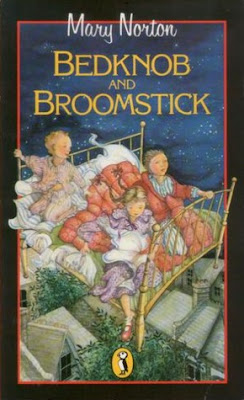My personal list of writing cliche`s
Every writer has a list of pet peeves. For your entertainment, I've complied mine along with reasons I avoid these words and phrases.
- "Basically": People tend to use this as a safe word. When they don't know what to say, or how to say it, they'll say basically, as if to draw attention away from their lack of words and make it seem they're summing something up for our benefit.
- "At this time / at this current time / at this present time": Dear God, I hate it when people use these phrases. Wishy washy, formal garbage, but that's not even why I despise them. I have read authors who try to use them in narration, and the problem with that is formal language sounds so insincere. Masking the real message with neutral-sounded language. Be bold! Use words like "right now / now / NOW, BITCH!"
- "I have to (do something / hurry / STOP HIM)!": If your narrative is so weak you have to tell the audience how dramatic the situation is, consider another draft.
- "With every fiber of my being.": This used to be a very poetic, dramatic line, but now it's a cliche`
- "To what end?": Who says this? Maybe if you want your character to come across as well-educated, but it also sounds stuck up and awkward.
- "Well, it must be somewhere!": See #3.
- "Hunker down": I remember when the press used this during the Iraq invasion coverage to try to make everything sound so dramatic. It didn't work. It sounds like a phrase writers use to inject drama into an undramatic situation.
- "How scared were you? How useful is it? –and all the variations.: More common interview questions brought to you by the press. What point is there in defining degrees of fear, or levels of usefulness? What other way is there to respond to this question than with "I was very scared"?
- "As it were": See #4.
- "Albeit": In narration, this is sometimes acceptable, but in speech? I have never heard anyone use this word, so I'm inclined to leave it out of narration as well.
- "Latter / former” sentence structure (i.e. He was either a hero, or a coward. Some believed he was the latter, but he himself believed he was the former.): This might've made a writer sound educated back in the 1700's, but today, latter / former is not eloquent. It's confusing. Every time I see it, it reminds me of computer code that has to be parsed, forcing the programmer to figure out which value matches up with which variable. I don't want to write sentences that have to be parsed. The meaning should leap out at the reader.
- "Shenanigans": This is not the 1950's.
- "Furrowed his brow": To me, furrowing sounds like something a farmer does to his field. It does not conjure up a mental image of a man raising or lowering his eyebrows. Words must form some sort of image in the mind, and if a word does not do this, it should not be used.
- "Sortie": Again, no mental connection between the word and the thing it names.
- "He’ll always be with us (in our hearts).": It amazes me how often I hear this line today. It's one of the biggest cliche`s in the book and there is no way to state this without sounding corny.
- "Please don’t die / don’t be dead!": See #3. I hear this one in anime quite a bit it seems. Trust your visuals. Trust the flow of your story. You don't need to tell us how dramatic the situation is.
- "I don’t expect you to understand.": Melodramatic. Also a conversation stopper.
- Statement: “I’m sorry. I didn’t know.” Response: “Well, now you do.”: This is not a good comeback. It's childish. You're better off leaving the statement unanswered than resorting to this.
- "Verbiage": More formal, passive-aggressive businessspeak. Avoid.
- "Moral fiber": Used to be poetic, but now it's been done so many times it comes across as stupid.






Comments
Post a Comment